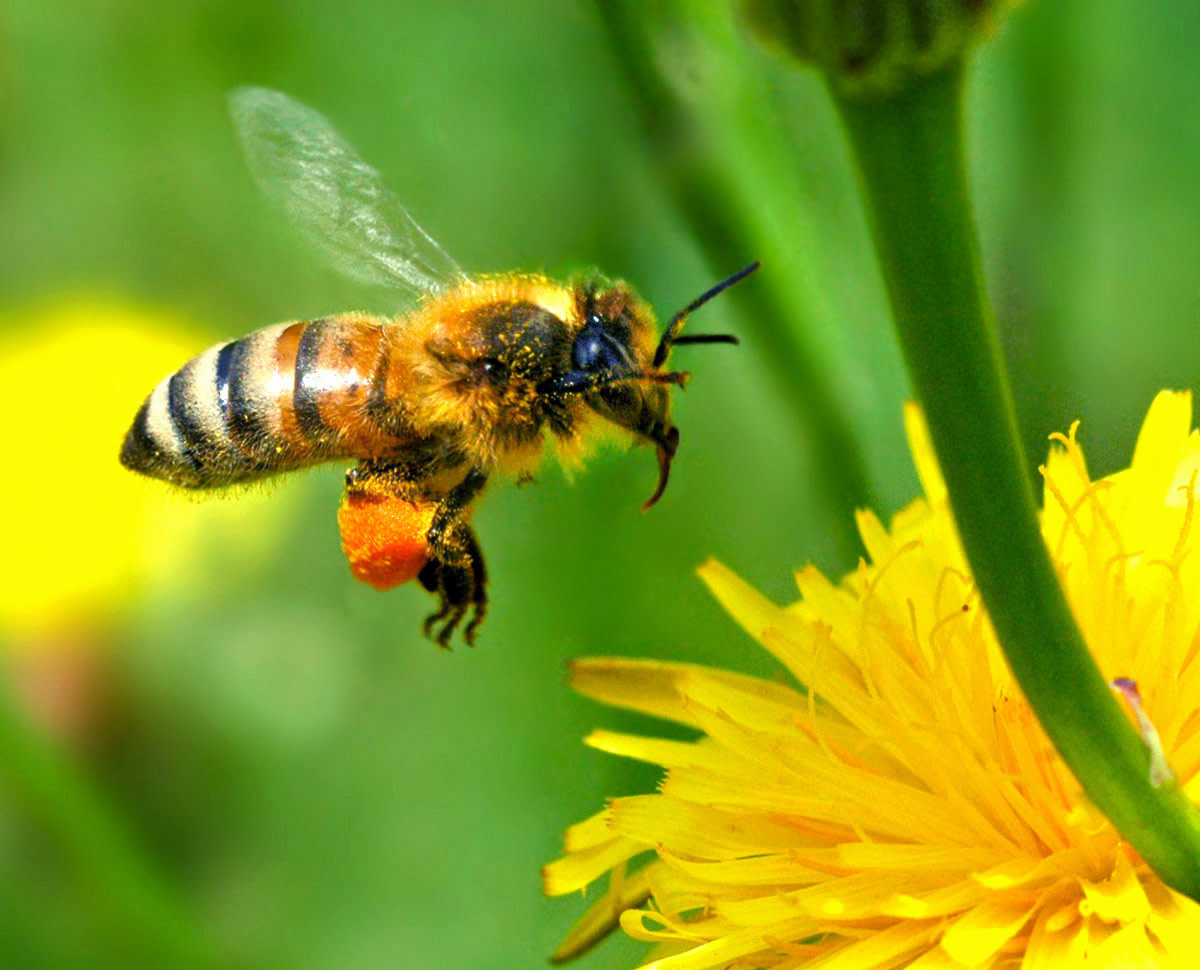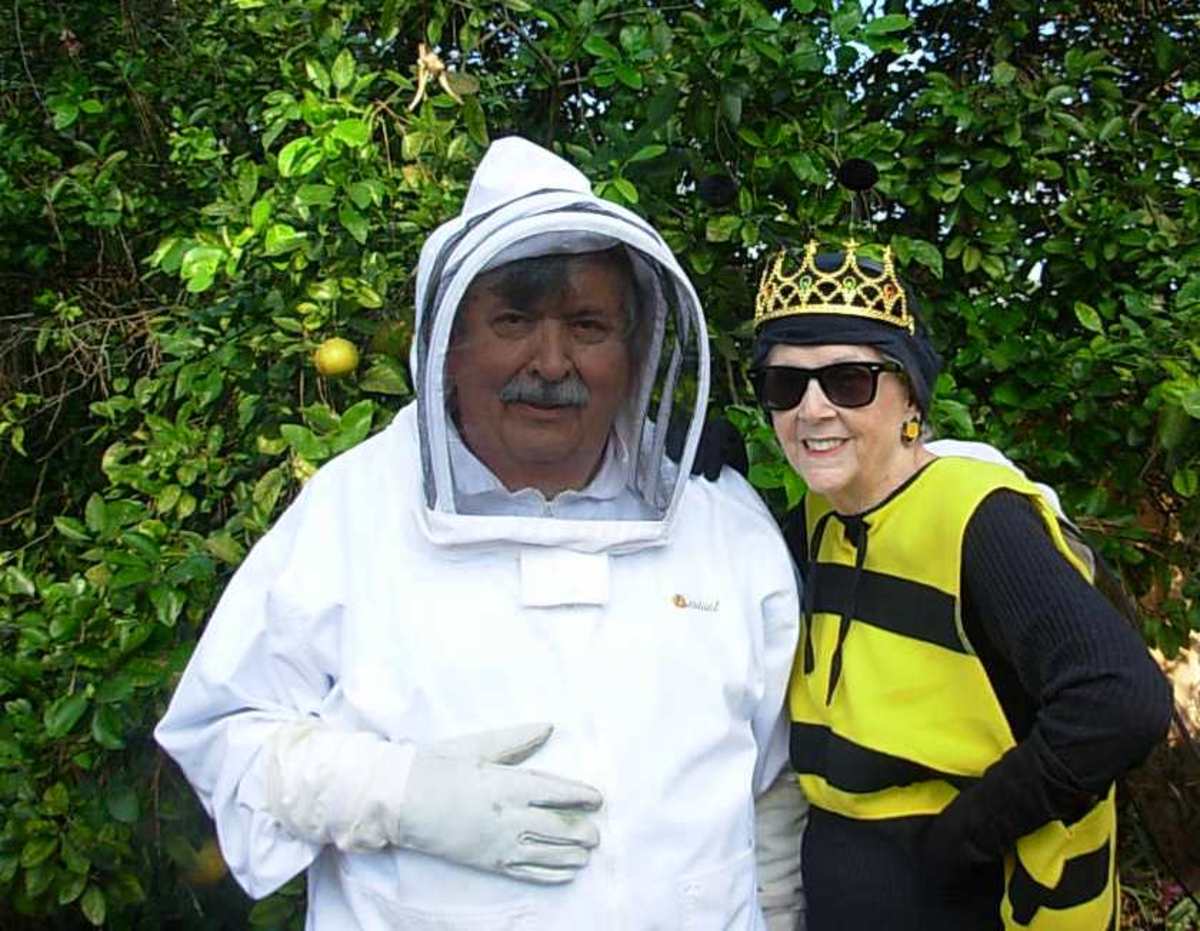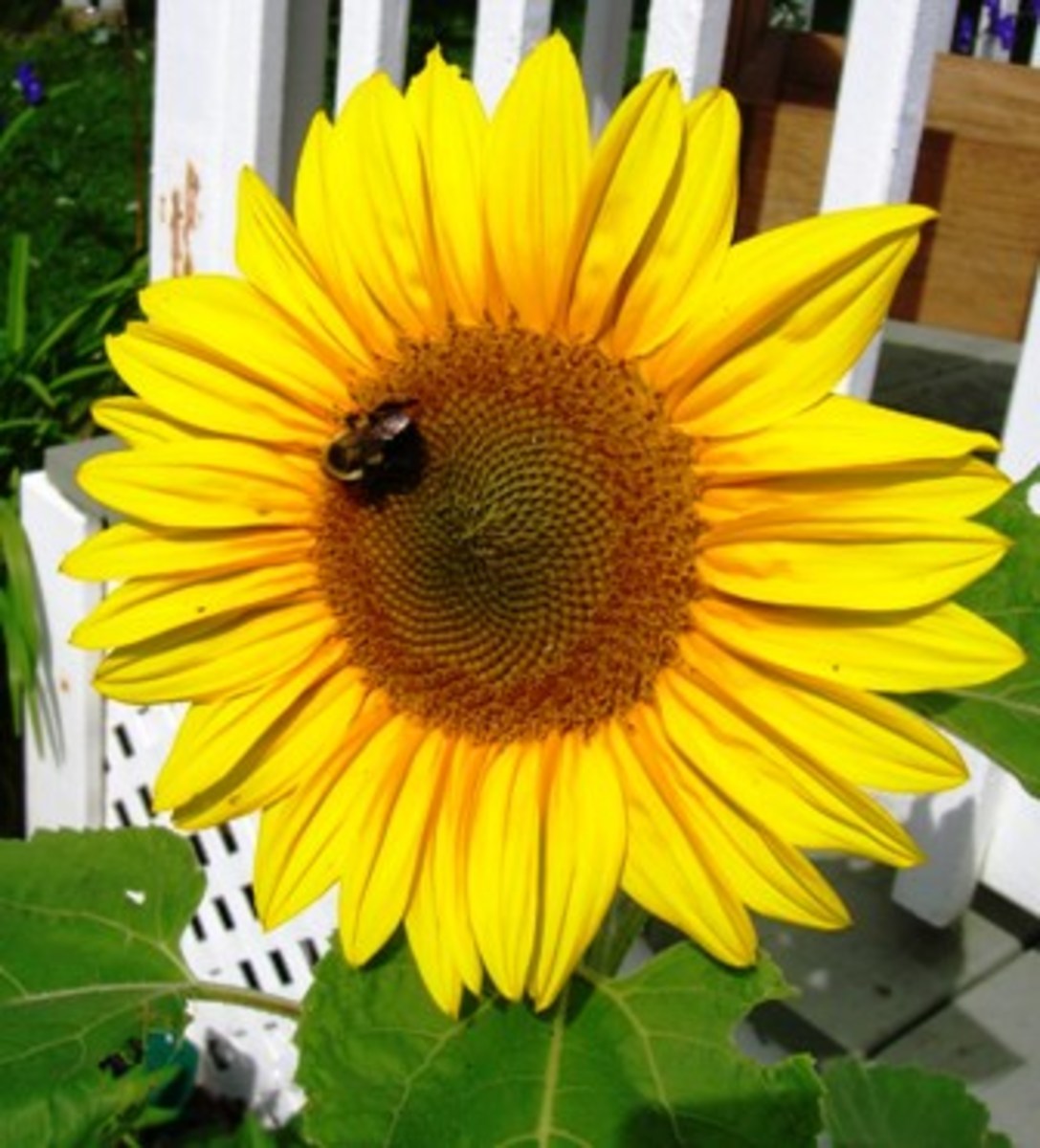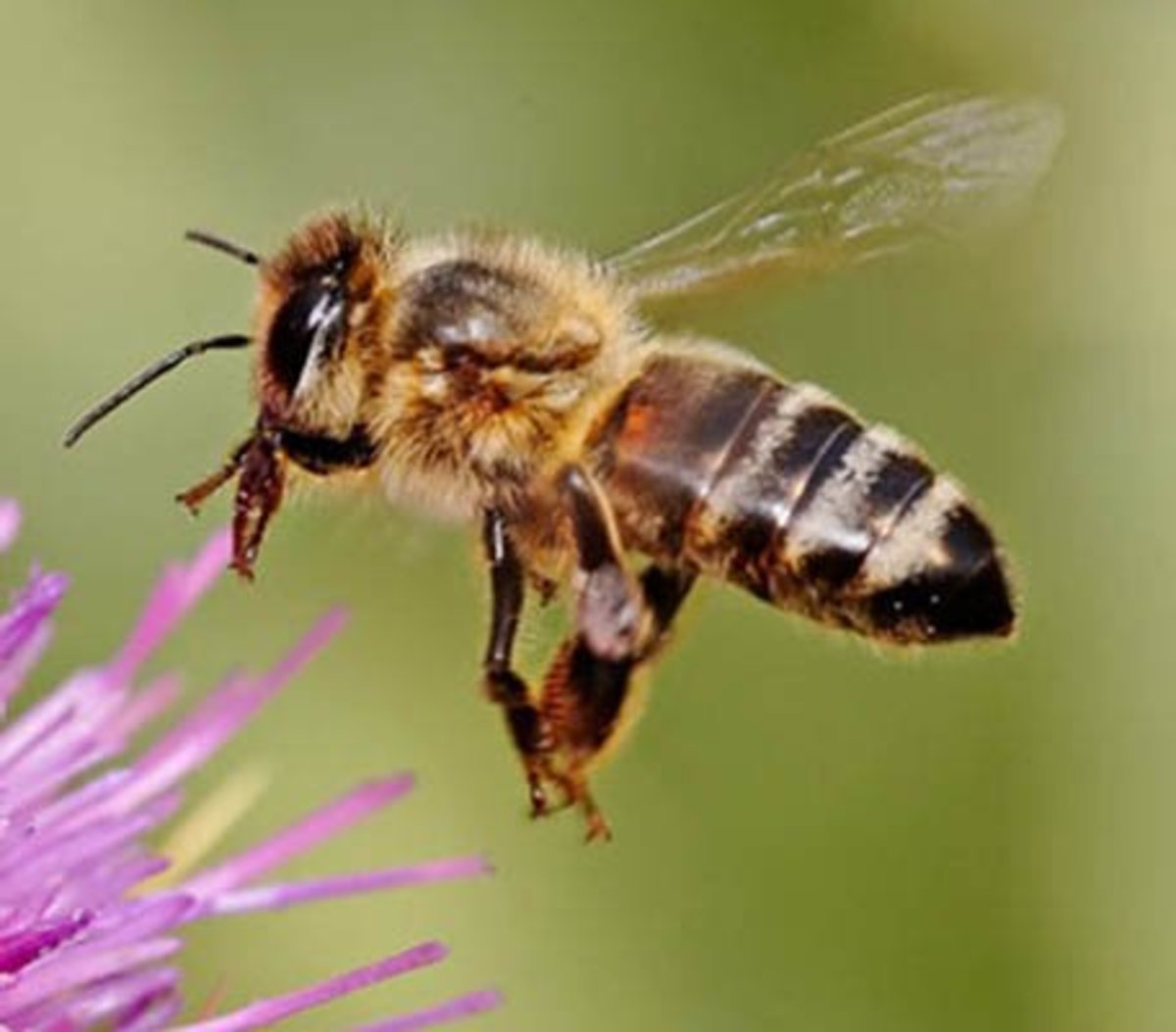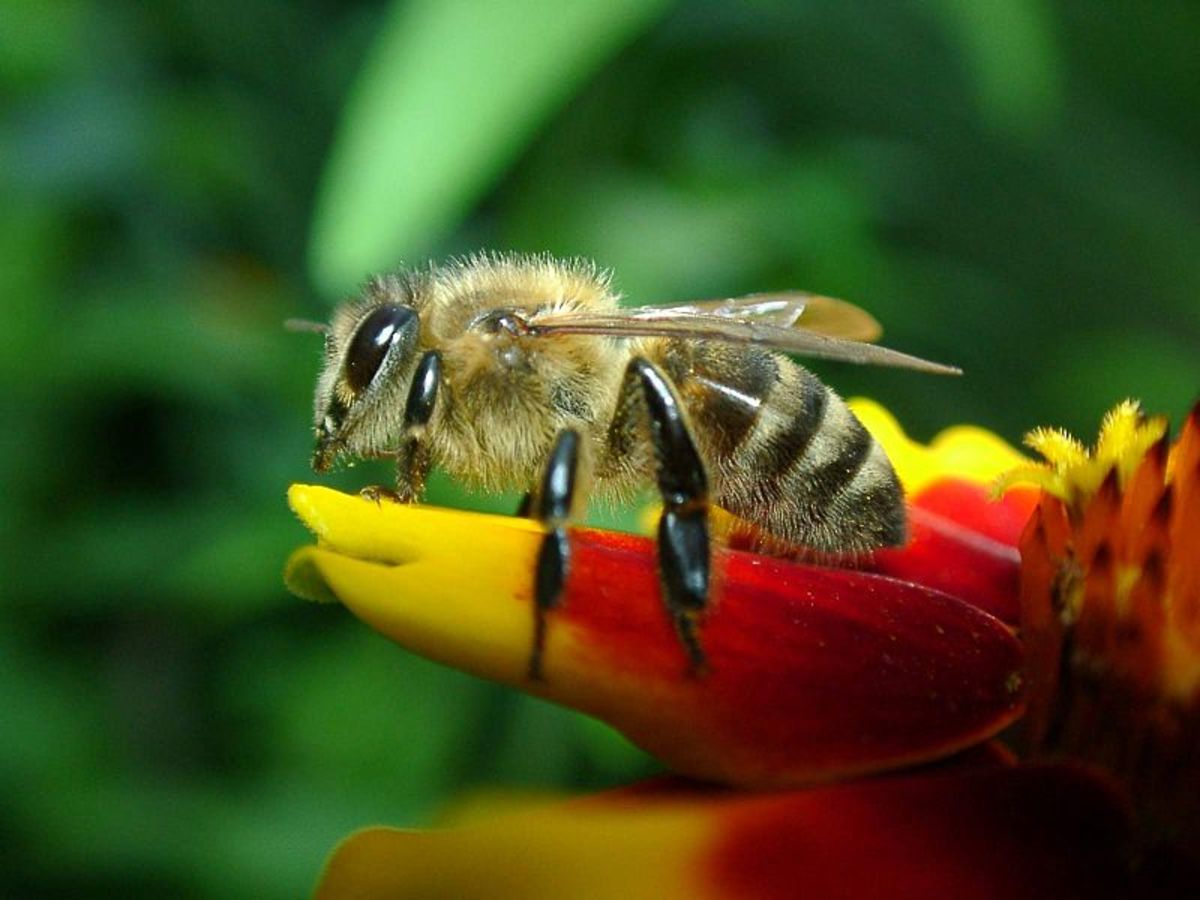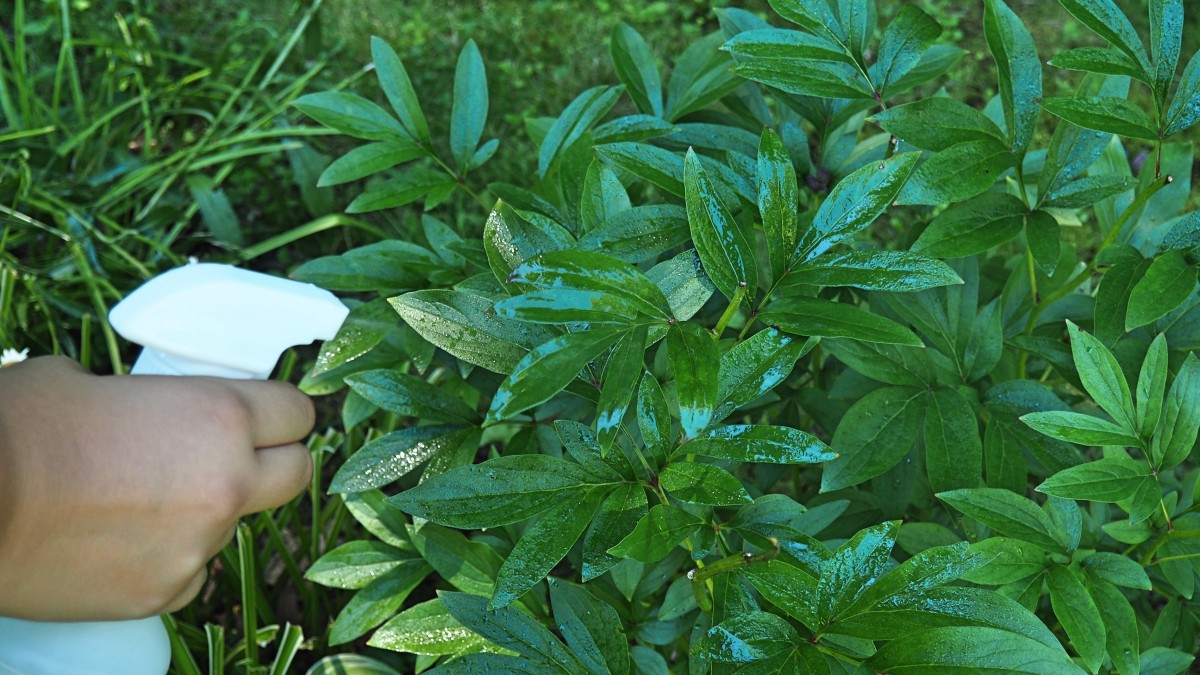Backyard Apiaries and Beekeeping
Have you ever wanted to have your own bees?
Beekeeping evolved as agriculture became more of an important part of society and a main source of food. Bees are the primary way that many plants and crops get pollinated, and so humans learned to culture and encourage bees as a way of improving and expanding their food supply.
In addition to pollination, bees are a source of honey and beeswax, both of which are commodities unto themselves. As diseases and parasites have increasingly had negative effects on the agricultural bee population, the keeping of bees has become more important. Many cities allow backyard beekeeping and there's a renaissance of city apiaries in progress, alongside urban chickens and goats.
Happy bee habitat
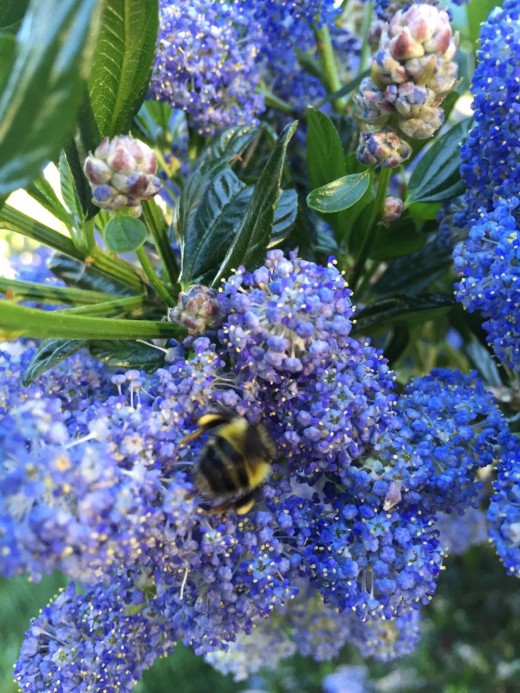
Why Keep Bees?
Bees are kept not only as crop producers but as garden assistants. Although they will sting humans in defense, they bring a lot of benefits versus threats.
Pollination - bees are the main pollinators for agricultural crops and gardens. By keeping bees, you can help insure that your flowers and vegetables have ample pollinators. People who keep bees often report how the density of blooms in their yards and nearby neighbors increase.
Honey - the main crop produced by bees is honey. It's a by-product that results from when bees digest and process pollen they collect from plants. Propolis (a bee "glue") and royal jelly are also edible elements produced by bees.
Beeswax - useful in natural cosmetics and for candle-making, the wax honeycomb made by the bees to hold honey can be used once the honey is harvested.
Learn About Beekeeping

Bees and Agriculture
- Dennis vanEngelsdorp: a plea for bees | Video on TED.com
TED Talks Bees are dying in droves. Why? Leading apiarist Dennis vanEngelsdorp looks at the gentle, misunderstood creature's important place in nature and the mystery behind its alarming disappearance.
Getting Started with Bees
First of all, you need to check your local ordinances in regards to keeping bees. Many urban areas do allow for the keeping of apiaries, however there are often rules about how many beehives can be kept and how far the hives must be from property lines. It might also be necessary to register your hives.
If it is possible for you to legally keep bees where you live, you then need to educate yourself about beekeeping. There are many dozen forms that beehives can take, variations in the types of bees that are kept domestically, diseases to learn about and much more. Start-up costs for keeping bees is often somewhere between $500 to $800, depending on what type of gear and equipment you are investing in and how many hives you intend to keep.
Beekeeping is a skill that is most often learned via apprenticeship and many states have official beekeeping guild or organizations that not only serve professionals but offer educational programs and apprenticeship opportunities to beginners.
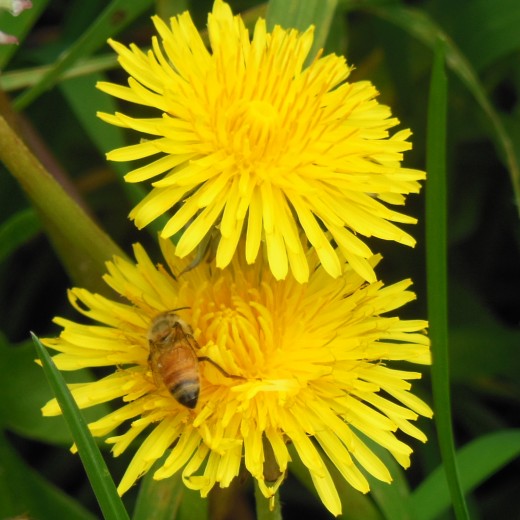
Your Main Bee Tool

Types of Beehives
- Warre Bee Hive
Warre experimented with some 350 hives of various designs with the aim of producing a hive that was simple, economical, bee-friendly and assured a surplus for the beekeeper. - Langstroth hives
The advantage of the Langstroth hive is that the bees build honeycomb into frames, which can be moved. Dates back to 1851. - Top Bar Hives
Learn about this type of horizontal hive first invented in ancient Greece.
Beginning Beekeeping
Cautions About Keeping Bees
Allergic Reactions - The number one thing that might prevent you from keeping bees is if you or anyone in your family is allergic to bee stings. Although there is protective gear, you must presume that if you are going to handle and manage bees, you will be stung at some point. Many beekeepers report that over time they seem to build up a tolerance to stings, but if you are medically-sensitive or have known allergic reactions, that's most likely not going to happen.
Kids and Pets - If you have small children or energetic pets, it might also not be a good idea to keep bees. Both kids and animals can't have safety explained to them clearly, and either one colliding accidentally with a hive could result in a tragic accident. If you do have children or pets, but want to keep bees, you'll want to make sure that you have ample room, and can arrange so that play areas or outdoor runs do not come anywhere near the hives.
Neighbors - Sometimes neighbors can get nervous about people keeping bees. Check with them to make sure neither of the cautions mentioned above is the reason, as you don't want a legal battle with the folks next door. And again, be sure there's enough space so that your hives aren't right up against a property line.
Benefits of Beekeeping
The biggest benefit that comes from beekeeping is one that many people don't think of right away. It's the pollination to your yard or garden that comes from the bees hunting for their food.
Secondary to this is the products that humans get from bees. Honey is the main resource that people get from bees, but if you have a hive, you will also be able to get a fairly good supply of wax. This can be used for a variety of things, but making candles is probably the favorite use of beeswax.

